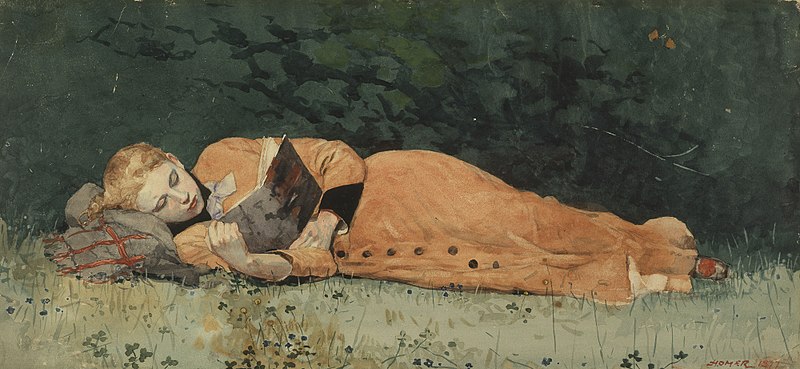Memorable passages from the pulp detective stories of Robert Leslie Bellem (1902-1968):
- “There were tears brimming on her azure peepers, and tremulous grief twisted her kisser.” (“Forgery’s Foil”)
- “She wrapped her arms around my neck; glued her crimson kisser to my lips. She fed me an osculation that sent seven thousand volts of electricity past my tonsils.” (“Design for Dying”)
- “And then, from the doorway, a gun barked: ‘Chow-chow!’ and I went drifting to dreamland.” (“Design for Dying”)
- “The rod sneezed: ‘Chow! Ka-Chow!’ and pushed two pills through Reggie’s left thigh.” (“Murder Has Four Letters”)
- “Against a backdrop of darkness the heater sneezed: Ka-Chowp! Chowp! Chowp! and sent three sparking ribbons of orange flame burning into the pillow.” (“Come Die for Me”)
- “From the window behind her, a roscoe poked under the drawn blind. It went: ‘Blooey — Blooey — Blooey!’” (“Murder on the Sound Stage”)
- “From the window that opened onto the roof-top sun deck a roscoe sneezed: Ka-Chow! Chowpf! and a red-hot hornet creased its stinger across my dome; bashed me to dreamland.” (“Lake of the Left-Hand Moon”)
- “From the front doorway of the wigwam a roscoe stuttered: Ka-chow! Chow! Chow! and a red-hot slug maced me across the back of the cranium, knocked me into the middle of nowhere.” (“Killer’s Keepsake”)
- “A while ago you mentioned my hardboiled rep. You said I’m considered a dangerous hombre to monkey with. Okay, you’re right. Now will you come along willingly or do I bunt you over the crumpet till your sneezer leaks buttermilk?” (“Murder Has Four Letters”)
- “A thunderous bellow flashed from Dave Donaldson’s service .38, full at the prop man’s elly-bay. Welch gasped like a leaky flue, hugged his punctured tripes, and slowly doubled over, fell flat on his smeller. A bullet can give a man a terrific case of indigestion, frequently ending in a trip to the boneyard.” (“Diamonds of Death”)
- “‘Dan Turner squalling,’ I yeeped. ‘Flag your diapers to Sylvia Hempstead’s igloo. There’s been a croaking.'” (“Come Die for Me”)
“From the doorway a roscoe said ‘Kachow!’ and a slug creased the side of my noggin. Neon lights exploded inside my think-tank. … She was as dead as a stuffed mongoose. … I wasn’t badly hurt. But I don’t like to be shot at. I don’t like dames to be rubbed out when I’m flinging woo at them.”



